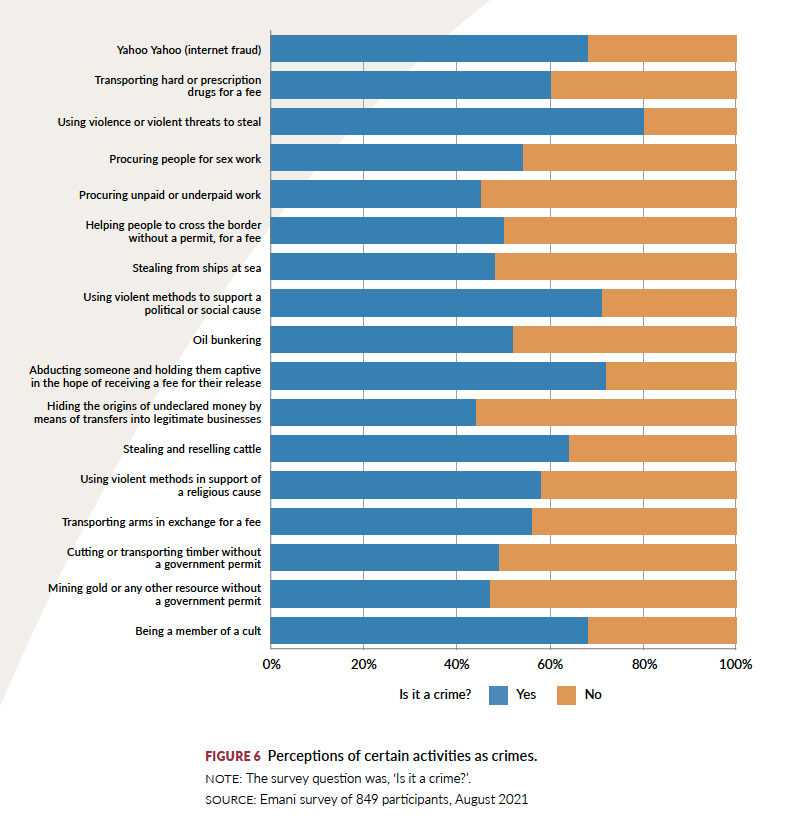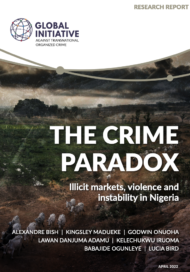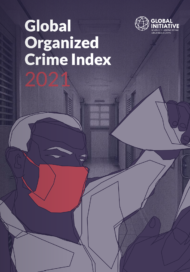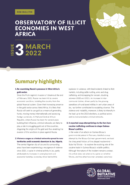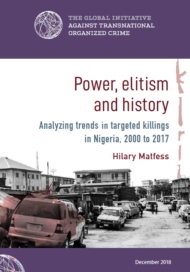Posted on 11 Apr 2022
The impact of illicit markets on violence and instability in Nigeria is not one-dimensional: illicit markets do drive instability and violence, but they can also serve, in some contexts, to maintain a degree of stability.
The security situation in Nigeria has deteriorated since 2006, but experienced a particularly accelerated decline over the last five years. While the causes are manifold, illicit markets have been one key contributor to sharply escalating insecurity in Nigeria. While this destabilising role is widely recognised, the role that some illicit markets have played in perpetuating a degree of stability for certain communities, or elements of the state, in Nigeria, is less often discussed.
The role of illicit markets as drivers of instability is undeniable. In Nigeria, they have created enabling environments for conflicts. In funding insurgent groups and eroding the good governance of the state through corruption, illicit markets have fuelled and sustained cycles of violence. The report explores the role of cattle rustling and arms trafficking as two illicit markets which have had significant destabilising impacts.
However, the converse is also true, in that illicit markets in Nigeria – and beyond – have also exercised a stabilizing influence in some communities. Illicit markets have provided revenues for communities where few alternatives exist, thus containing the emergence of poverty-induced instability. The report explores how the rice smuggling economy on the Niger/Benin border, and the illegal (largely artisanal) oil refining economy in the Niger Delta, have both operated as key livelihoods in marginalised communities, and played a role in maintaining a degree of stability in these regions.
Responding to illicit markets in fragile contexts, such as Nigeria, presents a dilemma: tolerating their proliferation may enable myriad harms to ensue, while disrupting them may cause instability, including in some cases, violence. Recognizing these two sides of the same criminal coin may seem counter-intuitive but it is a key first step in crafting actionable policy responses that avoid magnifying violence and harms.
The nature of state responses, therefore, plays a key role in shaping the relationship between illicit markets and potential for instability in Nigeria. The report uses case studies – including the prohibition of fishing in the Lake Chad area, and crackdowns on rice smuggling across the Benin border – to explore the impacts on stability of two common state responses to illicit markets, both in Nigeria and more broadly: prohibition, and militarised crack-downs. The report further analyses how the latter approach has since early 2020 evolved into the creation of anti-crime groups by states in Nigeria, and the implications of this.
Finally, the report sets out the policy implications of these dynamics and proposes a range of recommendations.
